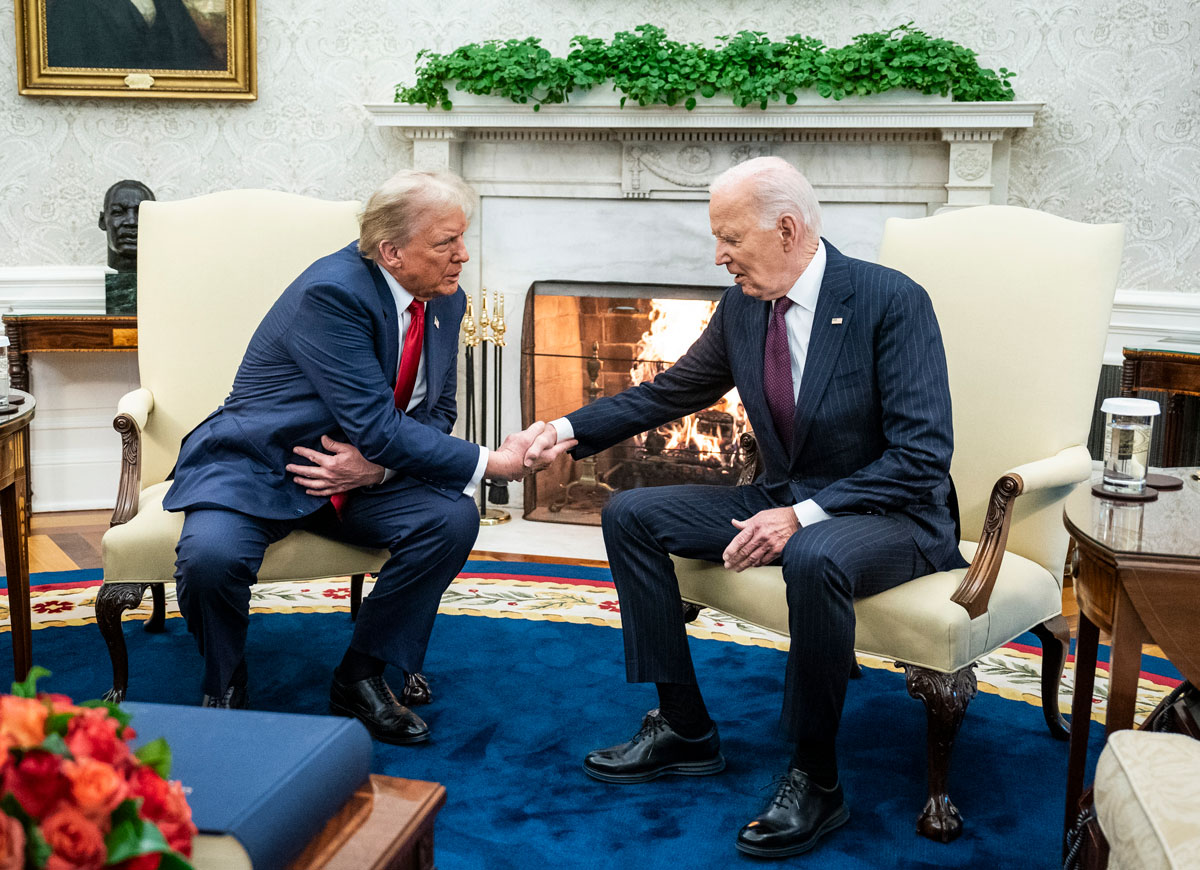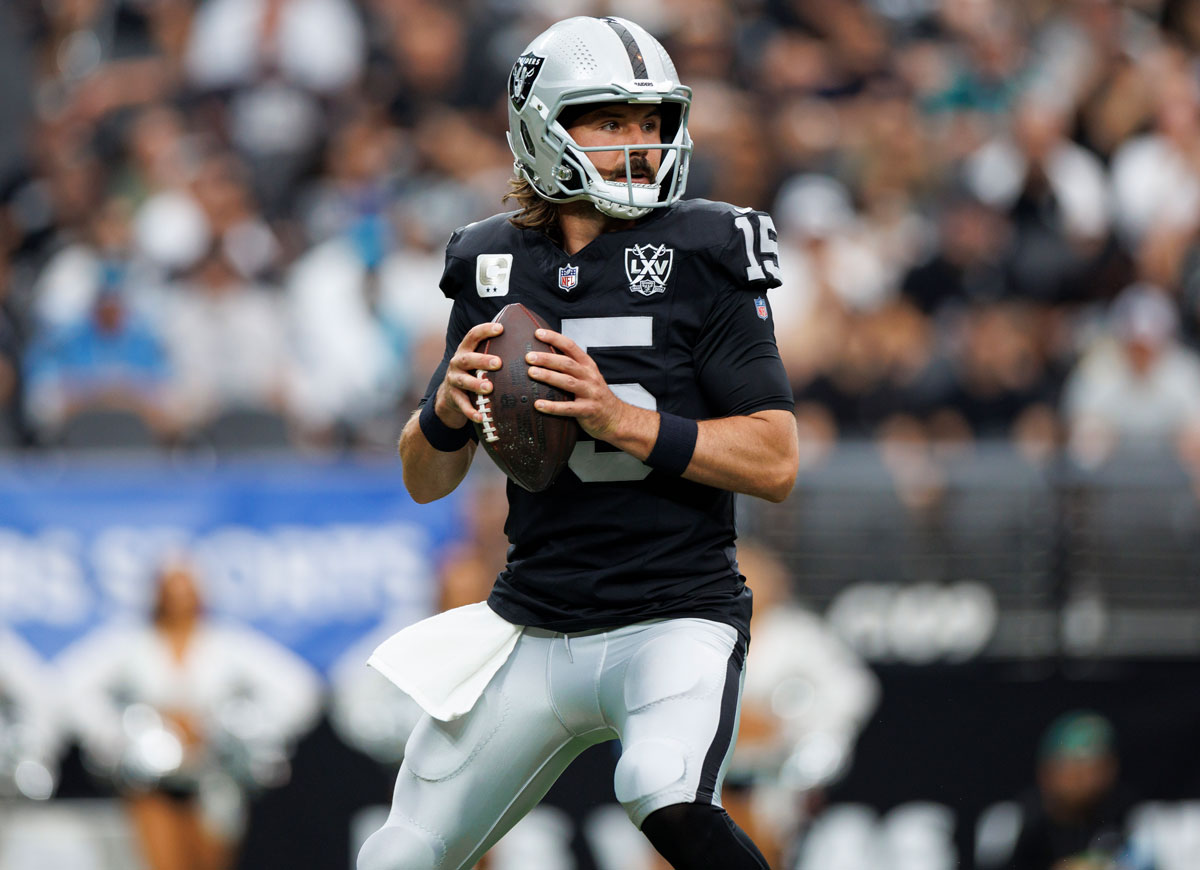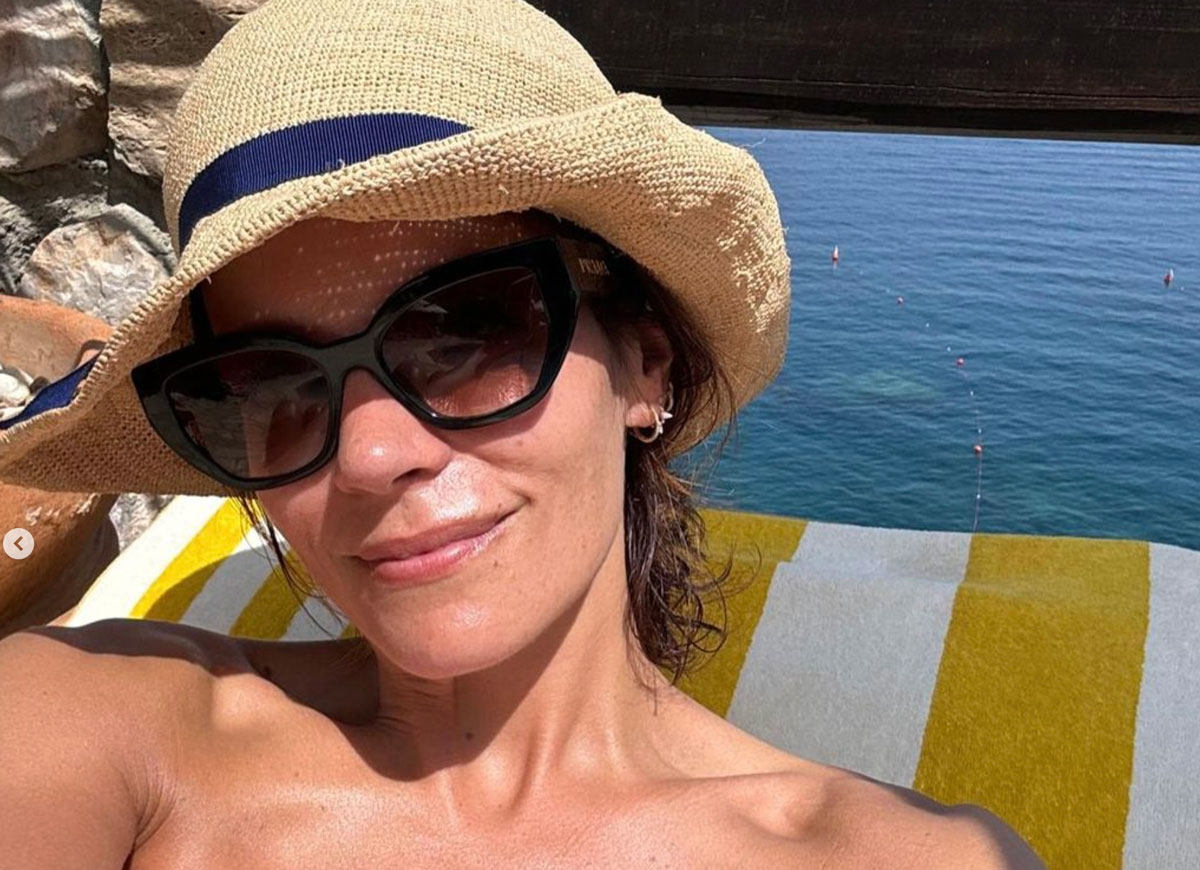Blake McIver On His New Album, 'Full House,' Olsen Twins, Go-Go Dancing
Blake McIver, known for playing Derek, Michelle’s friend on Full House as a child, is making name for himself again working on his own music and a Bravo TV series — ane even as a go-go dancer.
Since Full House, McIver went on to finish high school and college, where he ran into financial troubles. For McIver, go-go dancing seemed like a good solution. “What started as sort of a joke among my friends when we were out like at the clubs just joking about it, about a month later I was like, 'Well, I could actually do this,’” McIver told uInterview exclusively.
But it was the go-go dancing that gave McIver the resources to develop his own album, The Time Manipulator. “What I did is I took all of that money and banked it into the album and that’s why I was able to make the album. So instead of a Kick-Starter or an Indiegogo, I indied my own go-go,” jokes McIver. He's also been co-hosting the Bravo talk show The Peoples Couch, which just wrapped its season.
The Time Manipulator is available on iTunes and Amazon.
The album is called The Time Manipulator. It’s a pop record, but it has a theme about it that sort of takes you on a musical journey through some different genres and different time periods, so that’s the little time travel element to it. It’s really the lyrical thematic journey of the album. It’s really about empowerment. It’s just about finding yourself and being true to who you are. It’s my own personal story, but I’m hoping that the listener will be inspired, whoever they are, in their journey and may be able to identify with some of the stories that are in the lyrics and the album.
It’s cross genre. I mean, I call it pop, but it definitely has elements of classic rock, elements of Motown. There’s even a gospel song on the record.
It’s a tricky process. It’s different for every kid actor. I took some time away from the business and just decided to finish high school and regular school and go to college. That was invaluable, because I think I would’ve been so burnt out if I had tried to just keep going. The business changed in the years that I was away. Literally everything changed. Social media came in and the business that I left looks completely different than what the business is now. So, there’s been a big learning curve. I almost feel like, you know, you hear people that are in their late 50s, through their 60s and 70s going, ‘What is this thing?” like I kind of had to do the same thing. I was like, “What is this Twitter?” It was a journey.
Honestly, people always ask me this question about like, 'What was it really like.' 'What were the people really like?' And it really was like a family. It was the craziest, nicest sitcom. Some of the sap that seeps through the screen when you go back and re-watch those episodes, that was coming from somewhat of a place of genuine nice people having fun, which sounds crazy in show business, but it really was. And it wasn’t until I did a few episodic spots on a couple other shows and those sets were like terrible working environments. I was like, 'Oh wow, I really have it lucky, like I ended up on the good one, like the nice people.' But the funniest thing was that I still don’t know how we ever got anything filmed because the laughter and the joking off-screen was so much better and funnier and crazier than anything that ended up on the show. ‘Cause you have Bob Saget and Dave Coulier just like doing them in between takes, which was way funnier than anything the writers wrote.
They were amazing. It was our special world, those of us that were on the show. So, you had these kids and your friends were your co-stars and then they became your friends off-screen… There were very few people that could understand what we were going through at the time, living our lives on TV and then back in regular life. For those of us like me, that were recurring on the show, I would do three weeks of regular school and then one week on set with a tutor. And it was great, because Mary Kate and Ashley, their whole lives were on set, so it was like they understood that better than any of us, so it was actually comforting to be friends with them.
Well, it was funny, because I had come out like to zero fan fare two years before the media picked up on it. I put my “It Gets Better” video out on YouTube singing and telling my story and nobody cared, which was great, I mean to me that proved how far we’ve come. So, I was thrilled about that. But then as soon as the social media thing and that BuzzFeed article came out and people got a hold of it, then it was almost like I had to come out all over again two years later, so that was exhausting.
Part of what was so important to me about telling my story and doing it through music, which I felt that I could actually affect more change, I’m more eloquent in lyric and in song than I am as a speaker. But, I wanted to tell my story to inspire other people. I know that there are still those 14, 15, 16-year-old kids out there that are struggling with this. Even though, society and culture and media has moved in a very positive direction, the change isn’t complete yet. I had some really dark moments where I didn’t feel like it was worth it. And the one thing that kept me going is I would go back to music. Like, music kept me inspired and it kept me grounded and it helped me step out of my pain and out of my damage and look at it in a different light.
I don't regret it. I had no idea it was going to cause such a media blitz or maybe I wouldn't have done it, I don't know. The funny thing is, I had just fallen on some rough financial times and I had to make money quick. What started as sort of a joke among my friends when we were out like at the clubs just joking about it, about a month later I was like, 'Well, I could actually do this.' And what I did is I took all of that money and banked it into the album and that's why I was able to make the album. So instead of a kick-starter or an Indiegogo, I indied my own go-go. What's funny about that experience is something that I thought that was so out of necessity and just I need to make money and let's get this done, let's get in and get out, is that it was strangely empowering and strangely liberating for me. And it was kind of an important step to be like, 'Oh, I am actually comfortable in my own skin.' For so many years I wasn't and so I finally reached the point when I was like, 'Oh, this is not so scary to be true to myself in, I guess, a very physical way.'
RELATED ARTICLES
Get the most-revealing celebrity conversations with the uInterview podcast!







Leave a comment